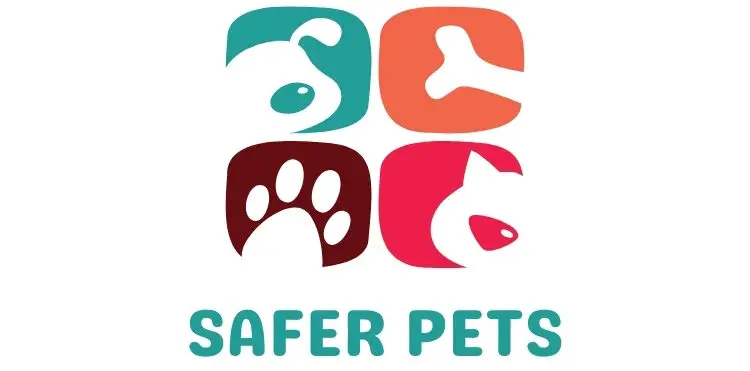All animal lovers in the UK welcomed the new Animal Welfare Act which comes into force early this year. It brings about some of the greatest changes in animal law since the beginning of this century and encompasses all commonly domesticated animals in the British Isles, including pets, farm stock and any animal that is under human control and not living in a wild state. Thus, this means that anyone who is responsible for an animal – whether permanently or temporarily – can be subject to criminal prosecution if they do not ensure that the animal’s welfare needs are met. (This includes guardians and parents of anyone under 16 who is responsible for an animal).
Note: Animals used in licensed laboratory work are covered under a different law: the Animals (Scientific Procedures) Act 1986.
Offences Under the New Animal Welfare Act 2006
Under the new law, it is considered an offence to cause unnecessary suffering to an animal, which includes mutilation and the administration of poison. It is also an offence to arrange or attempt to arrange an animal fight or to promote it in any way. The new law also makes it a legal requirement to meet certain needs for an animal:
- To provide a suitable living environment and diet
- To house the animal with or apart from other animals (as deemed appropriate)
- To allow it to exhibit normal behaviour patterns (such as scratching at the ground in hens)
The Act also states that it is a legal requirement to protect the animal from pain, suffering injury and disease. In the past, this “duty of care” only extended to ensuring that an animal didn’t suffer needlessly but with the new law, animal owners and caretakers will be under a legal obligation to ensure that the animal’s welfare needs are met, as outlined above.
One interesting change is the prohibition of anyone under 16 from owning or winning an animal as a prize. This also means that it is an offence for anyone to sell or give an animal as a prize to a person under 16. Of course, a child can still “own” a pet but they will not be able to buy one without the consent and accompanying presence of a parent or responsible adult. As these adults will then be legally responsible for that animal, this will hopefully reduce the incidence of thoughtless impulse buys and encourage more consideration for the animal’s care and welfare.
Enforcement of the Act
The new law also gives greater power for prosecution in the event of animal mistreatment. Not only do animal inspectors and the police have the power to remove animals in distress but they are also given the power of entry in certain premises, the power to conduct a search and inspection plus the power to seize any relevant documents. Furthermore, local authorities now have the power to instigate prosecution for any offence under the Act and to set time limits for these prosecutions. The penalties, upon a conviction, can be severe, including imprisonment, fine, deprivation, disqualification and destruction; forfeiture of equipment and cancellation of licences.
If you are found to be neglecting an animal’s welfare, in the first instance, you will be issued with an improvement notice which lists how you have failed to look after the animal’s welfare and what steps you need to take to improve it. It will also give you a time limit within which to make these changes and explain the consequences should you ignore the recommendations. At this stage, it is not considered a criminal penalty yet and you will not have a criminal record as a result of receiving an improvement notice. However, if you fail to follow the advice in the improvement notice, then you could be subject to a criminal prosecution. If you are found guilty, you can be fined up to £20,000, have your animals removed, banned from future animal ownership and/or even sent to prison, with a maximum penalty of 51 weeks.
Further Changes
The new Animal Welfare Act is a “primary legislation” which means that the government can follow it with “secondary legislation” with more detailed and specific laws for particular situations of animal abuse. Examples include how animals are treated in pet stores and when it is acceptable to dock a dog’s tail. Plans are also in place to introduce codes of practice for the care of certain animals, such as cats and dogs, pet primates and game birds. These codes will give guidance on how to comply with the new laws.
While the new Animal Welfare Act currently only applies to England and Wales, the Scottish Parliament has passed its own Animal Health and Welfare Act 2006. Northern Ireland, meanwhile, is governed by their own Protection of Animals Act 1911.
Cats Protection
One organisation which has embraced the new Animal Welfare Act is the Cats Protection, UK’s leading feline welfare charity. The charity re-homes approximately 60,000 stray and unwanted kittens and cats each year and has played a major role in bringing about the new laws. It is particularly delighted with the fact that the new Act contains provisions to prevent cruelty before it happens, by making it a legal obligation for owners and caretakers to meet an animal’s welfare needs. It is also delighted that penalties have increased for those who commit serious offences of cruelty, hoping that adequate punishment may help to reduce the number of innocent animals suffering terrible abuse. Under the new laws, feral cats will also be given protection from cruelty and abuse which is a great improvement for a much-abused group of animals.
For More Information:
Visit Defra’s website for more details of the Animal Welfare Act 2006 or contact the organisations below for general information and help with your questions.
Battersea Dogs’ Home
Blue Cross
British Horse Society
British Veterinary Association
Cats Protection
Dogs’ Trust
International League for the Protection of Horses
The Kennel Club
PDSA
Pet Care Trust
RSPCA
Wood Green
